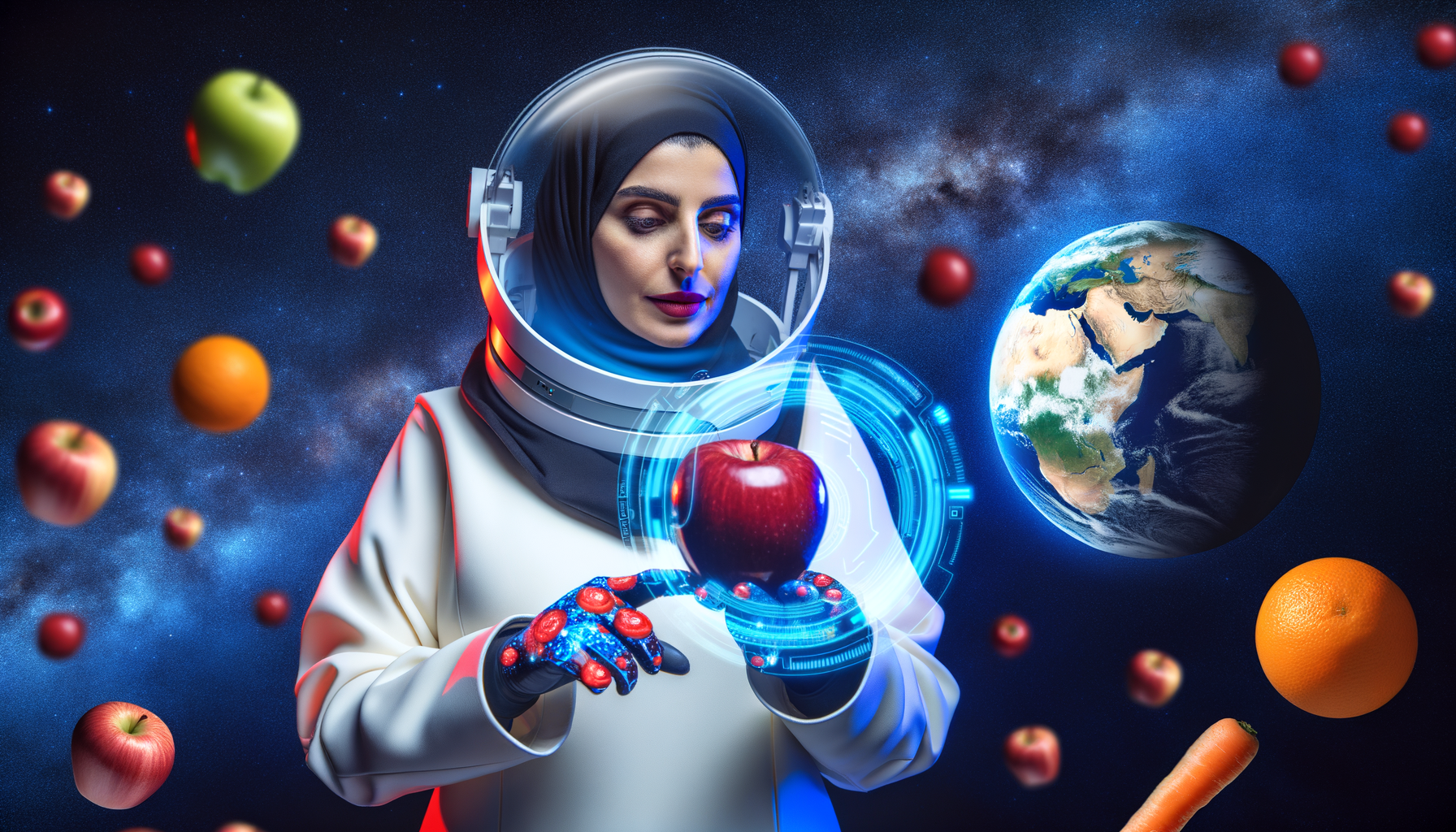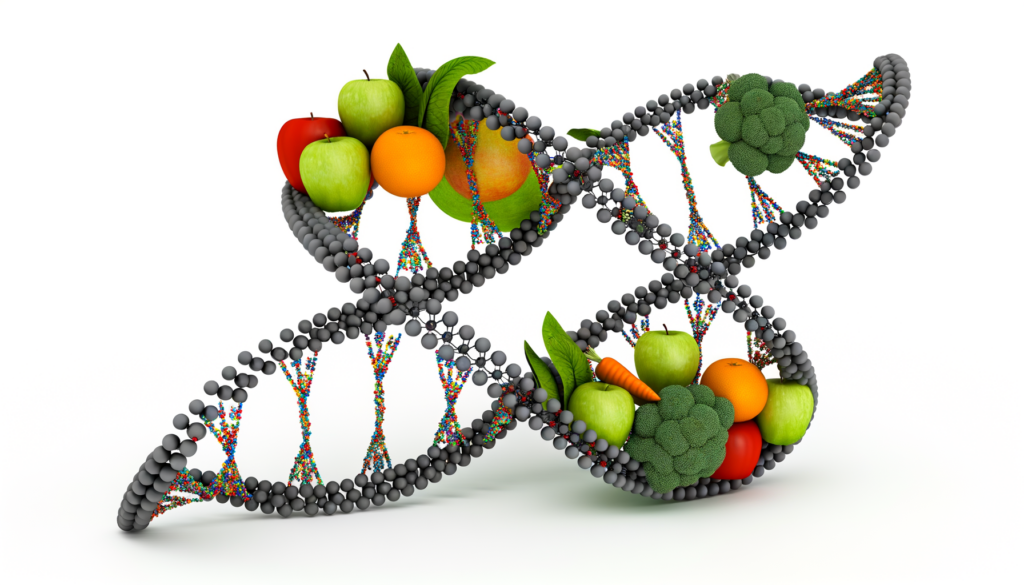The Complexities of Space Nutrition: Calorie Tracking for Astronauts
When it comes to space travel, the nutritional needs of astronauts are far more complex and demanding than those on Earth. The unique environment of microgravity presents several challenges that affect how astronauts eat, absorb nutrients, and maintain their health. Here, we delve into the intricacies of space nutrition and the innovative methods used for calorie tracking in space.
Nutritional Needs in Microgravity
Astronauts on the International Space Station (ISS) and those embarking on long-duration missions to the Moon, Mars, or beyond face a range of nutritional challenges. One of the most critical is the need for a high caloric intake. Due to the rigorous exercise regimen required to prevent bone and muscle loss, astronauts need to consume between 2,500 and 3,500 calories per day.
In addition to high caloric needs, astronauts have specific dietary requirements. For instance, sodium intake must be reduced because the body sheds less sodium in space. Vitamin D is another crucial nutrient, as astronauts do not receive UVB radiation from sunlight, which is necessary for Vitamin D synthesis on Earth. Calcium is also vital to counteract the bone loss that occurs in microgravity, with recommendations of approximately 1000 mg/day of calcium and 800–1000 IU/day of vitamin D for space flights of up to one year.
Physiological Changes in Space
Space travel induces several physiological changes that impact nutrition. In microgravity, the tissues that make up bones reshape themselves, leading to a loss of bone density. For every month in space, astronauts’ weight-bearing bones become roughly 1% less dense if they don’t take precautions to counter this loss. Muscles also weaken because they no longer need to work as hard, a condition known as atrophy.
Understanding these physiological changes is crucial for designing nutritional strategies. For example, the role of antioxidants is significant in combating the effects of space radiation, which can cause oxidative stress and damage to the body’s cells. Additionally, nutritional countermeasures such as supplementation with calcium, vitamin D, and probiotics are essential to minimize the negative effects of microgravity on bone and muscle mass and the gut microbiome.
Advanced Tools for Calorie Tracking
The use of advanced tools has significantly improved the accuracy and efficiency of calorie tracking in space. The EveryWear app, for instance, is an iPad-based application that allows astronauts to log their meals by scanning barcodes or selecting food items from a database. This app also tracks water consumption, exercise, heart rate, and sleep quality through wearable biomedical sensors.
This data is crucial for ground teams to provide personalized nutritional advice and ensure that astronauts are meeting their daily energy needs. The app’s accuracy and ease of use have been praised by astronauts, who find it helpful in maintaining a balanced diet without adding extra time to their busy schedules.
Designing Optimal Space Meals
Researchers are continually working on designing the perfect meals for long-term space travelers. A recent study published in ACS Food Science & Technology suggests that a vegetarian salad made up of ingredients like soybeans, poppy seeds, barley, kale, peanuts, sweet potato, and sunflower seeds could be the optimal “space meal.” This combination provides a balanced mix of nutrients while minimizing the water required to grow the foods and ensuring sustainability in space.
The researchers used a method called linear programming to computationally balance different variables to meet the specific nutritional needs of male astronauts. While this combination couldn’t quite provide all the micronutrients an astronaut needs, those missing could be added in a supplement. The team plans to expand their research to include options for female astronauts and to diversify the variety of crops in their database.
Real-World Examples and Case Studies
The European Space Agency (ESA) has been conducting extensive research on calorie tracking for astronauts. For example, ESA astronaut Paolo Nespoli participated in a study where he wore a breathing mask to measure the levels of carbon dioxide he produced and the amount of oxygen he consumed. This allowed researchers to calculate how much energy his body used to maintain basic functions in a resting state. Additionally, he drank water labeled with trace elements to track his total energy use over time.
These measurements, combined with data from physical activity trackers, enabled researchers to calculate the total energy expenditure of astronauts. This information is crucial for tailoring meals to the astronauts’ energy levels, ensuring they get no less than they need. Such studies also provide insights into how weightlessness affects body weight and metabolism, which can be beneficial for understanding energy balance in relation to diet and activity on Earth.
Future Directions and Implications
As space exploration continues to push boundaries, the importance of optimizing nutritional strategies will only grow. The use of advanced tools like the EveryWear app and detailed scientific studies has significantly improved our understanding of space nutrition. By leveraging technology and scientific research, we can ensure that astronauts remain healthy and perform at their best, even in the unique and demanding environment of space.
For those interested in learning more about how to track their own calories and maintain a balanced diet, tools like the Calorie Calculator Cloud can be incredibly helpful. This platform allows users to plan their meals and monitor their nutritional intake with ease. For more detailed plans and pricing, you can check out the Calorie Calculator Plans.
In conclusion, calorie tracking for astronauts is a multifaceted challenge that requires innovative solutions and continuous research. By understanding the unique nutritional needs of astronauts in microgravity and leveraging advanced tools and scientific research, we can ensure optimal health and performance for those venturing into space.
Whether you are an astronaut or simply someone interested in maintaining a healthy diet, accurate calorie tracking and nutritional planning are essential steps towards achieving optimal well-being. For more insights into space nutrition and how it can inform health practices on Earth, consider exploring resources from NASA, the European Space Agency, and other leading space research organizations.








